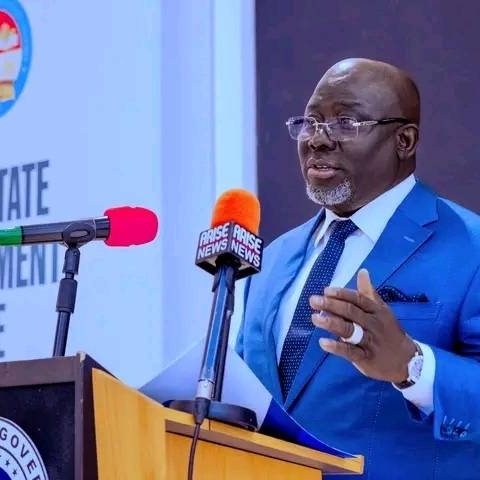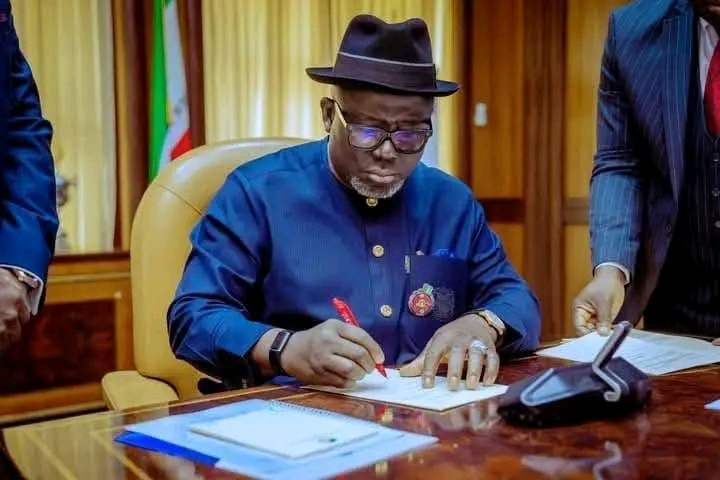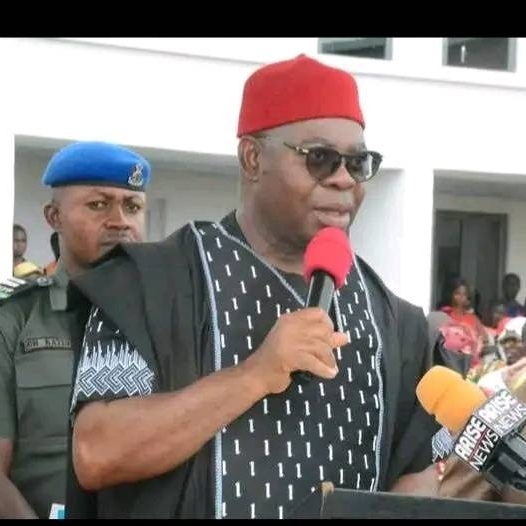Kwale Editorial Board - The recent passage of the Delta State Electricity Law has been welcomed by many as a bold step toward breaking free from the national grid’s inefficiencies. Indeed, it signals a new era of decentralization, promising to empower local stakeholders and attract private investments into the energy sector. Yet, while the law lays the foundation, legislation alone cannot guarantee stable electricity across our state.
Governor Sheriff Oborevwori’s administration must recognize that electricity, like road infrastructure, thrives only when the right investments are made. Just as the government allocates huge sums for road projects—because without good roads, commerce and mobility collapse—the same seriousness and resources must be channeled into building a robust power sector.
Power plants cannot run on paper. Transmission lines cannot be erected by decrees. Distribution networks will not magically appear because a bill was signed into law. What Delta needs now is a deliberate investment strategy: support for independent power producers, incentives for renewable energy developers, and strong public-private partnerships that guarantee both reach and reliability.
Consider our communities in Ndokwa, Isoko, and other energy-producing regions that sit on massive natural gas reserves but still languish in darkness. This contradiction is not only unjust but also crippling to small businesses, industries, and households that pay heavily for generators. The Electricity Law offers the chance to correct this injustice, but only if backed by clear funding, transparency, and implementation frameworks.
Just as a road project requires bulldozers, asphalt, and engineers, the electricity sector requires turbines, transformers, trained personnel, and sustained investment. Without that, the law risks becoming a mere political showpiece.
Governor Oborevwori has the opportunity to make history—not by passing laws alone, but by ensuring that those laws translate into light in every home, power in every factory, and energy in every community. Roads may connect our markets, but electricity powers our prosperity. Delta cannot afford to treat one with priority and the other as an afterthought.
Governor Sheriff Oborevwori’s administration must recognize that electricity, like road infrastructure, thrives only when the right investments are made. Just as the government allocates huge sums for road projects—because without good roads, commerce and mobility collapse—the same seriousness and resources must be channeled into building a robust power sector.
Power plants cannot run on paper. Transmission lines cannot be erected by decrees. Distribution networks will not magically appear because a bill was signed into law. What Delta needs now is a deliberate investment strategy: support for independent power producers, incentives for renewable energy developers, and strong public-private partnerships that guarantee both reach and reliability.
Consider our communities in Ndokwa, Isoko, and other energy-producing regions that sit on massive natural gas reserves but still languish in darkness. This contradiction is not only unjust but also crippling to small businesses, industries, and households that pay heavily for generators. The Electricity Law offers the chance to correct this injustice, but only if backed by clear funding, transparency, and implementation frameworks.
Just as a road project requires bulldozers, asphalt, and engineers, the electricity sector requires turbines, transformers, trained personnel, and sustained investment. Without that, the law risks becoming a mere political showpiece.
Governor Oborevwori has the opportunity to make history—not by passing laws alone, but by ensuring that those laws translate into light in every home, power in every factory, and energy in every community. Roads may connect our markets, but electricity powers our prosperity. Delta cannot afford to treat one with priority and the other as an afterthought.







Comments (0)
Please login to comment.